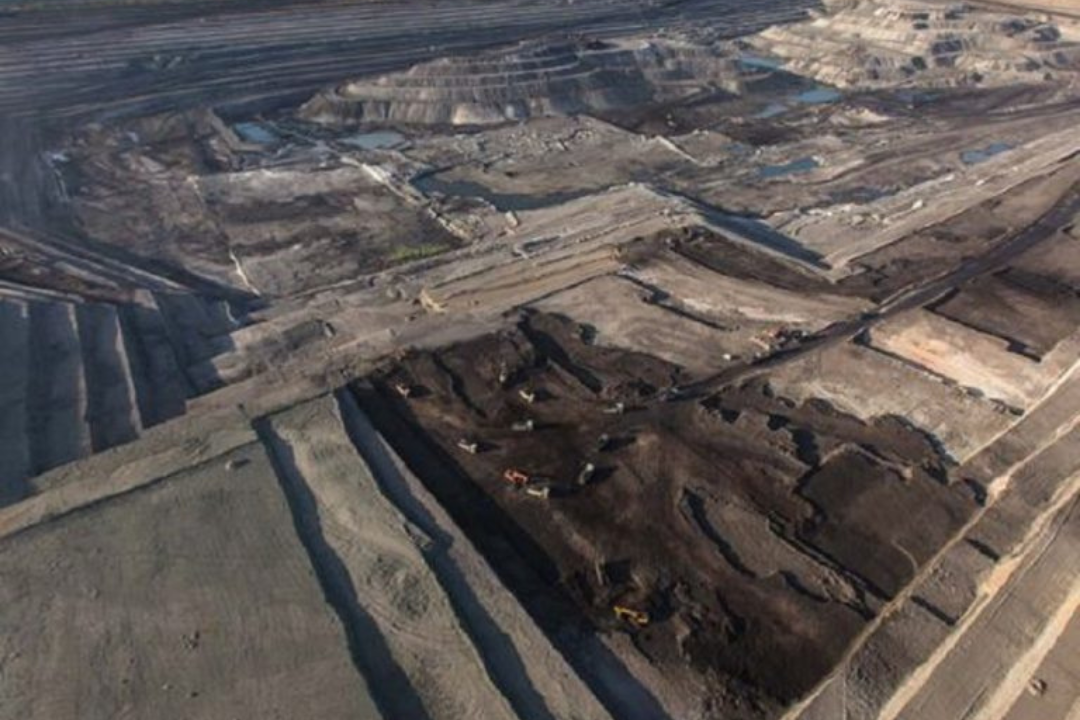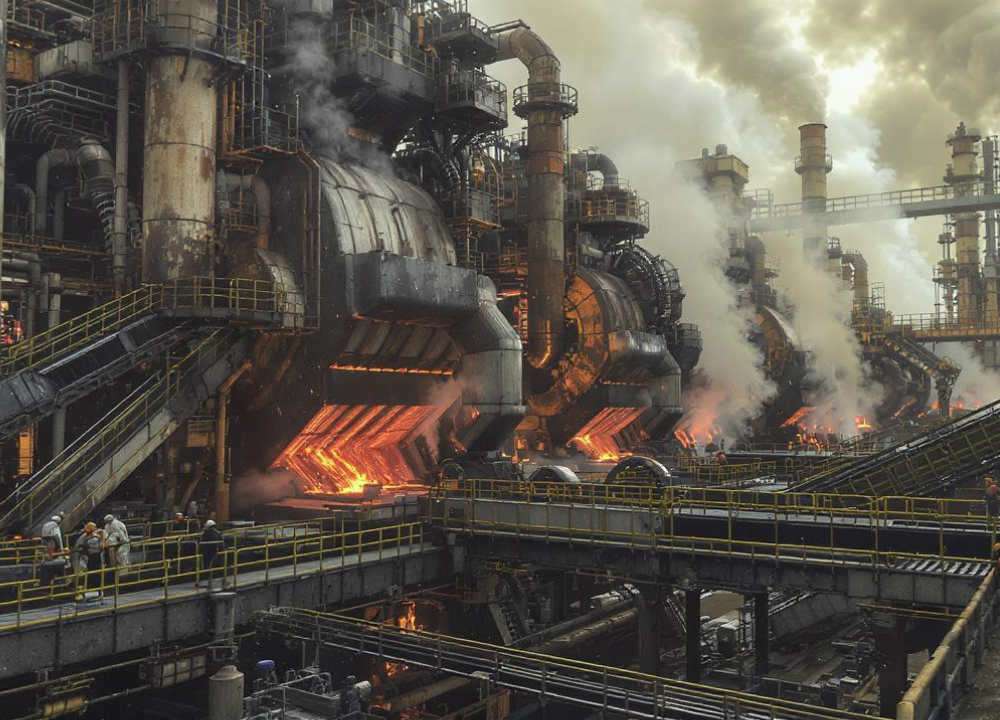JSW Energy is preparing to unveil an updated growth strategy—Vision 3.0—within the next few months. The revised roadmap will raise its earlier goals of 20 GW installed capacity and 40 GWh of energy storage by 2030, reflecting stronger regulatory support and growing demand for clean power.
According to company officials, the new plan will involve a larger investment outlay than the ₹1.15 lakh crore earmarked under Vision 2.0, which was announced in May 2023. Currently, JSW Energy operates with a B2B model and has no immediate plans to enter the power distribution (B2C) sector or electric vehicle charging infrastructure, said Joint Managing Director and CEO Sharad Mahendra.
“Distribution is a potential opportunity, but for now, we are focused on strengthening our core business,” Mahendra told reporters. The company’s present operational capacity stands at 12.2 GW. Of this, about 5.85 GW—or 46%—comes from thermal power, while the remaining is from renewable sources like wind, solar, and hydro.
JSW Energy is currently developing an additional 18 GW, of which only 3.2 GW is thermal. This would take the combined capacity—both operational and in development—to 30 GW. Mahendra said the company aims to have nearly two-thirds of its portfolio based on renewables by FY 2026. So far, ₹16,000–17,000 crore of the Vision 2.0 investment has already been deployed.
To reduce costs and support its green energy initiatives, JSW Energy will start producing key equipment locally. This year, it plans to commission two wind turbine blade manufacturing facilities—one in Karnataka and another in Gujarat. Each blade will measure around 80 to 82 meters in length.
The announcement coincided with a foundation stone ceremony in Salboni, West Bengal, where Chief Minister Mamata Banerjee laid the groundwork for a new 1,600 MW power plant.
In FY25, JSW Energy added 3.2 GW of capacity through both organic growth and acquisitions and expects to surpass that figure in FY26. “This will strengthen our free cash flow position and support further investments,” Mahendra noted.
The company recently completed two major acquisitions and is open to more if opportunities align with its long-term return and asset quality criteria. When asked about potential moves into nuclear power, Mahendra confirmed the company’s interest but said progress depends on policy support. “We are in discussions with the government and remain hopeful,” he said.
JSW Energy is also set to commission a 3,800-tonne-per-year green hydrogen project this quarter at its Vijaynagar plant to support green steel production. The company continues to expand at a steady pace while keeping debt and capital spending under control, said Pritesh Vinay, Director (Finance).
Although JSW Energy did not provide revenue forecasts for FY26 or FY27, Mahendra noted that topline figures fluctuate with fuel costs, especially in thermal. “Our focus remains on EBITDA and margins. We expect consistent improvement in earnings over the next five years,” he said.
JSW Energy Ltd is one of India’s prominent private sector power companies and is part of the USD 24 billion JSW Group, with interests spanning steel, energy, infrastructure, cement, and sports. Since commencing commercial operations in 2000, JSW Energy has grown its installed capacity from 260 MW to 10 GW, ahead of its FY25 goal. The company is currently building an additional 7.5 GW, aiming to achieve a total capacity of 20 GW well before 2030. JSW Energy operates across the power sector value chain with a focus on responsible growth, efficient operations, and long-term value creation for stakeholders.








